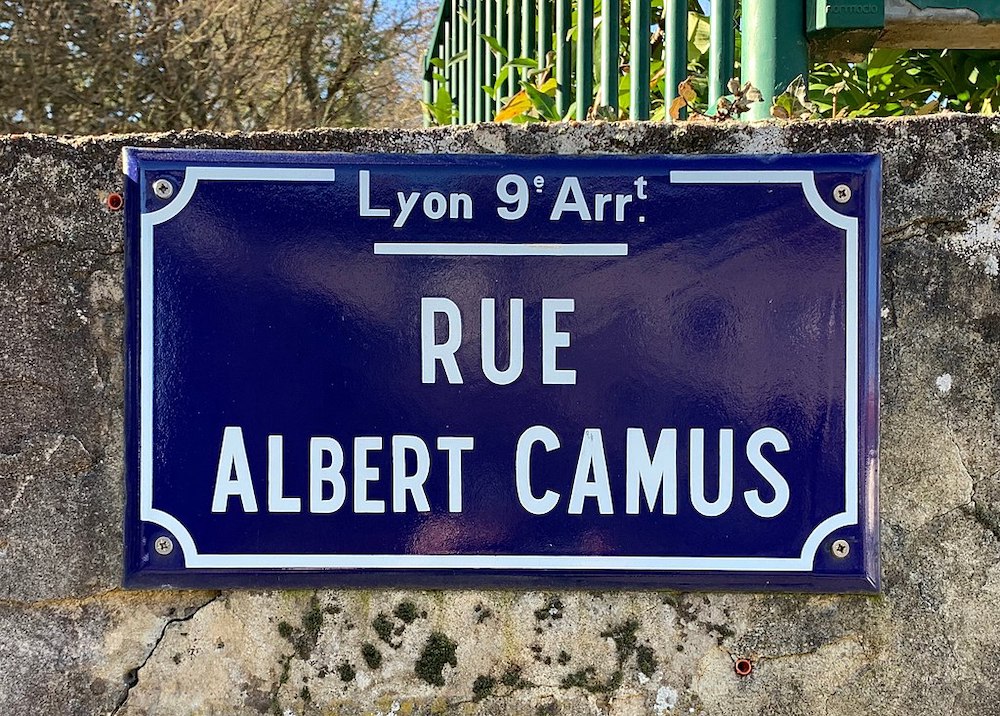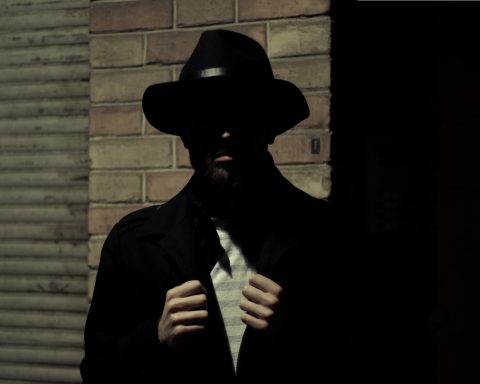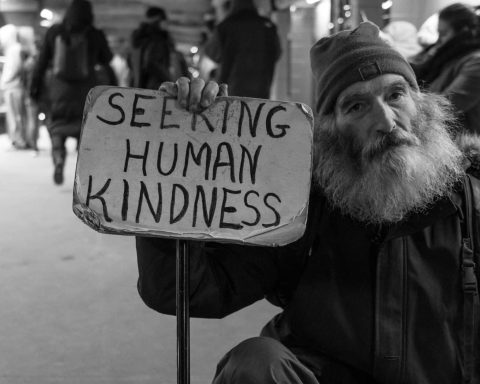 Sati Heer-Stavert is a GP in Birmingham. Website: unexaminedmedicine.org. He is on Twitter: @SatiHeerStavert
Sati Heer-Stavert is a GP in Birmingham. Website: unexaminedmedicine.org. He is on Twitter: @SatiHeerStavert
I will always remember consoling a couple who had recently lost their child to leukaemia. Less than ten minutes later a life-long smoker was telling me they were expecting their centenary birthday card from the Queen.
An individual working as a GP runs the risk of becoming an automaton. Evidence-based medicine and professional standardisation contribute to uniformity and by definition a reduction in diversity. It is both risky and strenuous to act outside of established clinical behaviours, instead we acquiesce. The automaton GP is unable to deviate from the prescribed sequence of actions but can sleep easy at night without contemplating the true terror of clinical life. Nevertheless, it may only take one tragic clinical outcome to change a clinician and undermine their entire mode of practise. This brief moment of reflection is dangerous: we decide whether working in a familiar yet obscure world is more preferable than becoming a stranger in our own profession.
The automaton GP is unable to deviate from the prescribed sequence of actions but can sleep easy at night without contemplating the true terror of clinical life.
Greek mythology tells us of Sisyphus, who is forever pushing a boulder up a hill only for it to roll back down again. This was his eternal punishment for evading death. Within healthcare this myth has become analogous with the endless task of helping patients. Existing interpretations reveal two major themes. Firstly, the patient (the boulder) is considered a burden and secondly that healthcare professionals (Sisyphus) can reduce the burden through teamwork. I hope to propose an alternative interpretation, one that is based upon the absurdist philosophy of Albert Camus. The absurd refers to the constant conflict humans encounter when searching for meaning and order in a meaningless and chaotic universe. In this version, the task of healthcare provision is no longer tiresome or futile.
Once the absurd is realised the illusion is shattered and instead we develop passion for life as it really is.
It is interesting that Sisyphus himself tried to escape death, the very thing healthcare is designed to do. Perhaps there is a natural attraction for the GP to view themselves as a Sisyphean character. When we gaze upon our computer monitor to see the appointment slots laden with names we recognise, it is human to question whether the task is pointless. Hope with its simplicity becomes our thoughtless crutch. On the contrary, the absurd practitioner acknowledges the struggle and like a chronic illness recognises that there is no cure but constant friction. Life without hope or meaning becomes better. Accepting and revolting against our own obscurity gives life value.
If health was straightforward there would be no primary care.
Managing uncertainty is perhaps the defining characteristic of general practice. At a time when doctors and patients seek simple solutions to increasingly complex problems, an absurdist approach to healthcare has never been more relevant. Camus says that “if the world were clear, art would not exist” and I would suggest that if health was straightforward there would be no primary care. Each patient experience contributes a stroke to our masterpiece. As GPs we need not imagine whether Sisyphus was happy, we need only ask ourselves.
Featured photo: Credit: © Benoît Prieur / Wikimedia Commons /






